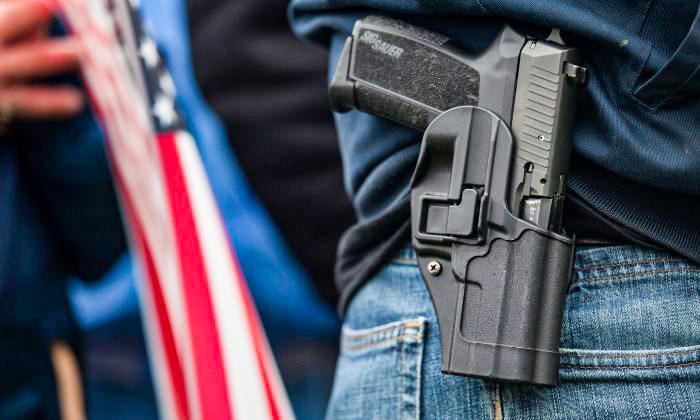In a victory for gun rights advocates, a federal appeals court has struck down Maryland’s rules for obtaining a handgun as unconstitutionally restrictive.
In a 2-1 split decision from the 4th U.S. Circuit Court of Appeals in Richmond on Nov. 21, Maryland’s handgun qualification license (HQL) requirement—which a gun rights advocacy group denounced as “draconian”—was found to be unconstitutional under the Second Amendment.





